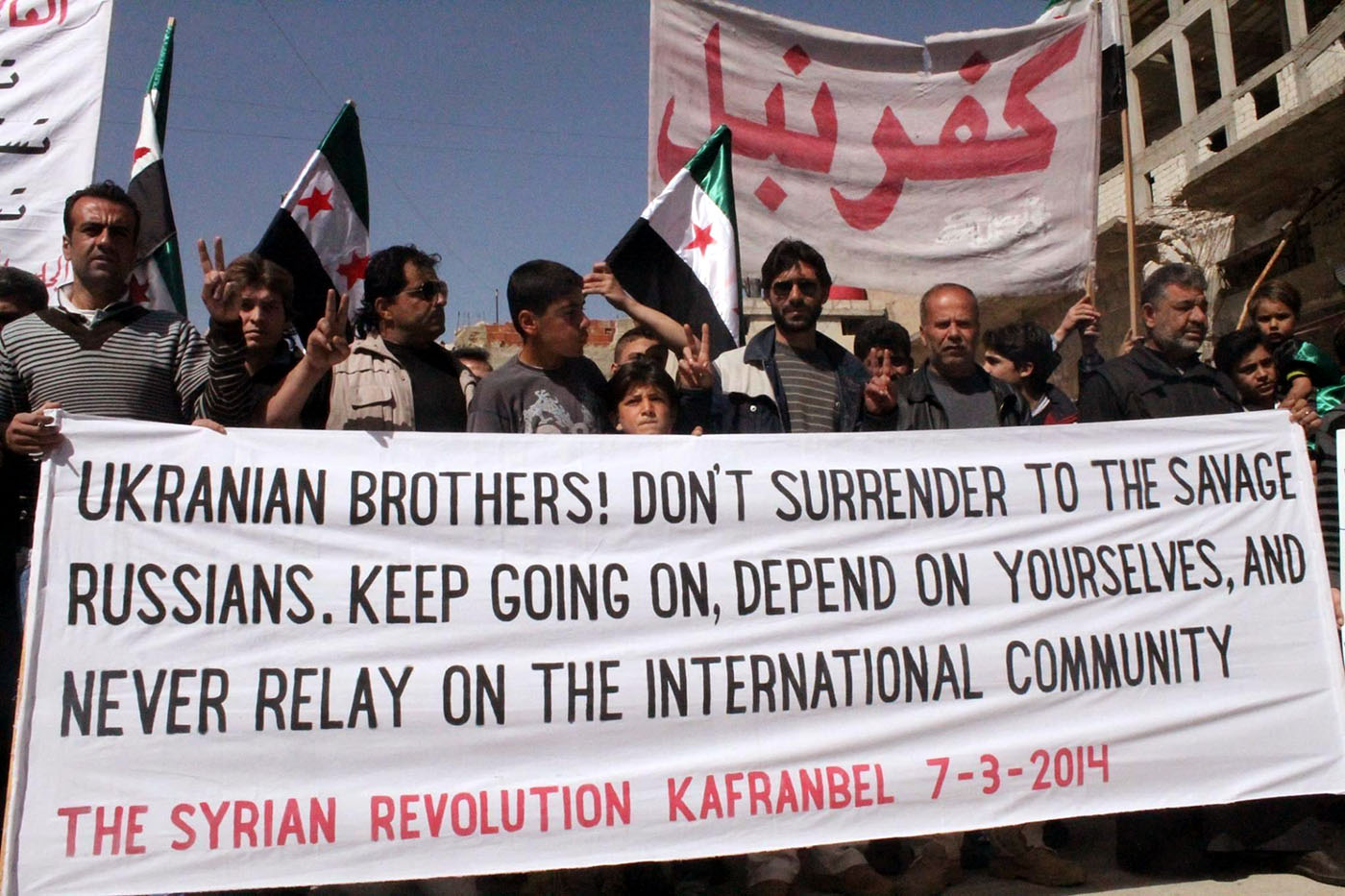
Anna Lekas Miller
As soon as Putin’s army launched a ground invasion into Ukraine, the world’s war weary started having flashbacks.
“I can’t stop thinking about 2006,” a Lebanese friend texted me, remembering the sound of Israel warplanes carpet bombing Beirut — although I was just a Lebanese-American teenager in California at the time, I remember the surreal feeling of being in a country at peace while a country that was close to my heart was at war. A Bosnian friend posted on Instagram that the images coming out of Ukraine made her think of Sarajevo. Syrian activists from Kafranbel, a village that has been pummeled by Russian airstrikes since 2015, were some of the first to publicly show their solidarity through posting one of their trademark banners on social media. “Ukranian brothers! Don’t surrender to the savage Russians. Keep going on, depend on yourselves and never rely on the international community.”
As a journalist who covered the aftermath of the Syrian revolution — and once had the honor of interviewing Raed Fares, the ringleader of the Kafranbel artists and activists designing posters to broadcast the Syrian struggle for freedom to the world before he was assassinated, I know that if anyone knows the wrath of Putin it is the Syrian activists of Kafranbel.
But soon, something else started happening. First, Ireland waived visa requirements for any Ukranians fleeing the war — then Poland, then the other countries bordering Ukraine began welcoming refugees, and now more than a million Ukrainians are displaced — while refugees from Syria and parts of Africa are still waiting for such red carpet treatment in Europe.
I wanted to feel relieved, yet I couldn’t help but wonder what it would have been like if Syrians — or Iraqis, Afghans, and any of the numerous other nationalities who crossed the Mediterranean Sea on rafts and leaky boats — had been able to do the same. How many lives would have been saved? I thought about the people I met who made the journey in 2015, and hoped that they would be able to sponsor their families to join them safely.
I thought about another trip I made to the Greek islands in 2016, when I met people who got sick of waiting on a broken bureaucracy to see their families, and decided to follow in their footsteps, and risk the sea crossing instead. When the borders closed — making reuniting with their families impossible — they remained stranded in abandoned hotels in Athens, for months on end. Angela Merkel might have suspended the Dublin Regulation in 2015, making it possible to apply for asylum in Germany without worrying about being sent to another EU country, but she still made sure that people had to almost die in order to get there.
I remind myself that this moment is about Ukraine — not about Syria, and whatever way civilians can shelter from airstrikes or cross borders is a victory. As Poland and Hungary opened their borders to refugees, I tried not to think about how just a few months ago, dozens of Afghan refugees were trapped at the Poland-Belarus border, their teeth chattering as they faced freezing temperatures in the remote forest, or that one time that Hungary built a wall, and a journalist tripped a refugee who was running across the border.
But then, as Russia bombed Ukraine, a journalist made it impossible to look away. “This isn’t a place, with all due respect, like Iraq or Afghanistan, that has seen conflict raging for decades,” said CBS News senior foreign correspondent Charlie D’Agata, reporting live as Ukrainians streamed toward the border. “This is a relatively civilized, relatively European — I have to choose those words carefully, too — city where you wouldn’t expect that or hope that it’s going to happen.”
What happens when you do not choose your words carefully? We did not have to wait long to find out. “It is very emotional for me because I see European people with blue eyes and blond hair…being killed every day,” said the former Deputy Prosecutor General of Ukraine to the BBC. French journalist Phillipe Corbé went on to tell the public, “We’re not talking here about Syrians fleeing the bombing of the Syrian regime backed by Putin. We’re talking about Europeans leaving in cars that look like ours to save their lives.”
Later we learned that Ukranians are “just like us” — they use Instagram and watch Netflix, neither of which, as every one of us knows, has ever been done in the savage Middle East. A contributing editor to the Spectator waxed eloquently about how the Ukranian invasion is the first social media war, making those of us who watched the Arab Spring, the Syrian revolution, the Libyan civil war, and the Taliban takeover of Afghanistan unfurl over the Internet wonder if these tragedies had all been in our heads.
A few days later, the European Union waived the 90-day limit on a tourist visa for all Ukrainians, announcing that any Ukrainian national fleeing the war could stay for up to three years before applying for asylum. While the United States has not yet indicated that they will go out of their way to welcome refugees, the Biden administration did extend Temporary Protection Status (TPS) to Ukrainians currently living in the United States — a process, which immigration advocates who have been fighting for the same for citizens of countries like Cameroon, Eritrea and the Central African Republic say normally takes years.
Other double standards crystalized over the next few days as well. As dozens of journalists openly condemned Putin’s aggression, I couldn’t help but think about the Palestinian journalists working in the West who have to bite their tongues every time Israel bombs Gaza. Scrolling through Instagram, I saw dozens of small businesses advertising that proceeds from their sales went to the Ukrainian resistance — and remembered how anyone doing the same for the Free Syrian Army wouldn’t be surprised to find themselves on an FBI watchlist. Perhaps most disturbing were the untold numbers of British civilians proudly traveling to join the Ukrainian resistance — a cause which, while noble, is not their own. It reminds me of the British-Muslim humanitarian workers who traveled to Syria to respond to the humanitarian crisis, only to be accused of terrorism, and have their UK citizenship revoked.
It is already difficult for anyone to process a crisis of this magnitude. Every image triggers a memory for those who have lived through wars, or a worst case scenario for those who have not. Journalists on the ground are doing a magnificent job of showing the realities of war — from children fleeing with their pets to lovers curled up around each other in metro stations that have become bomb shelters, to grandmothers slinging homemade Molotov cocktails. Many of these images are journalism at its best, allowing us to imagine what it would be like if we were the ones who were drinking whiskey in the metro station while the bombs fell or lining up to board the next bus out.
Still, I wonder what might have happened if the today’s Ukraine observers had seen themselves in the same way in stories coming out of Syria — a country that is only 1,200 miles away and has been bludgeoned by the same power-hungry tyrant. Would more than half of the country’s population still be displaced? I thought about the dozens of Syrian and Iraqi friends of mine who took the boat in 2015, how they purchased lifejackets from seaside towns in Turkey and then acted like they were touring Europe by day while they snuck across the allegedly open borders of the European Union by night. What would it have been like if they had been able to take planes instead? I wondered how different things might have turned out the international community come together, felt their pain, and extended their solidarity.
Might they still have a country to go back to?
What about Palestine? Ironically, a picture of Palestinian teenager Ahed Tamimi standing up to an IDF soldier is circulating on TikTok with a blue and yellow heart emblazoned over it, and the hashtag #StandWithUkraine printed below. But at the moment that this picture was taken, Ahed Tamimi was being painted in the media as a sixteen-year-old terrorist and later tried and convicted in a military court, even though she was a minor. She earned her high school diploma behind bars.
It is easy to lick our wounds — to post pictures of ourselves on social media captioned “uncivilized” and wonder if we will ever live in a world where the same solidarity extended to Ukrainians resisting Russian forces will be extended to the rest of the world. The hard work is in imagining and making reality a world in which all refugees would be treated equally and we would all be able to freely cross borders when our lives depended on it.
We would understand that the only difference between a family that has to flee their country and those able to stay put is the dumb luck of where they happened to be born, and that at any minute this luck could be inversed. We would show solidarity and support, and make sure that no one without a homeland was ever without a home.
I hope that someday we could all be so civilized.






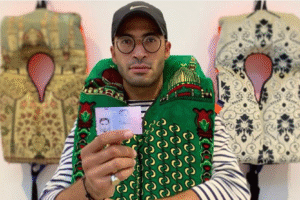




















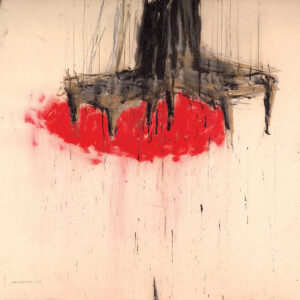








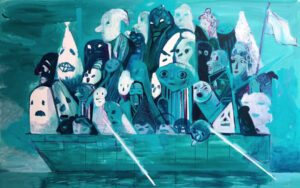
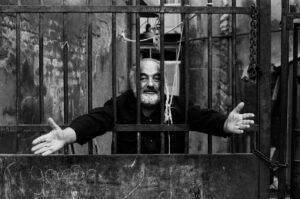













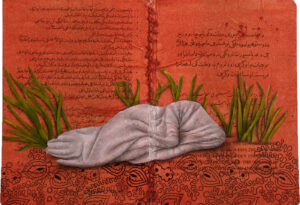







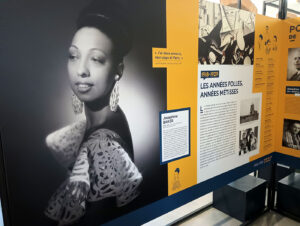






























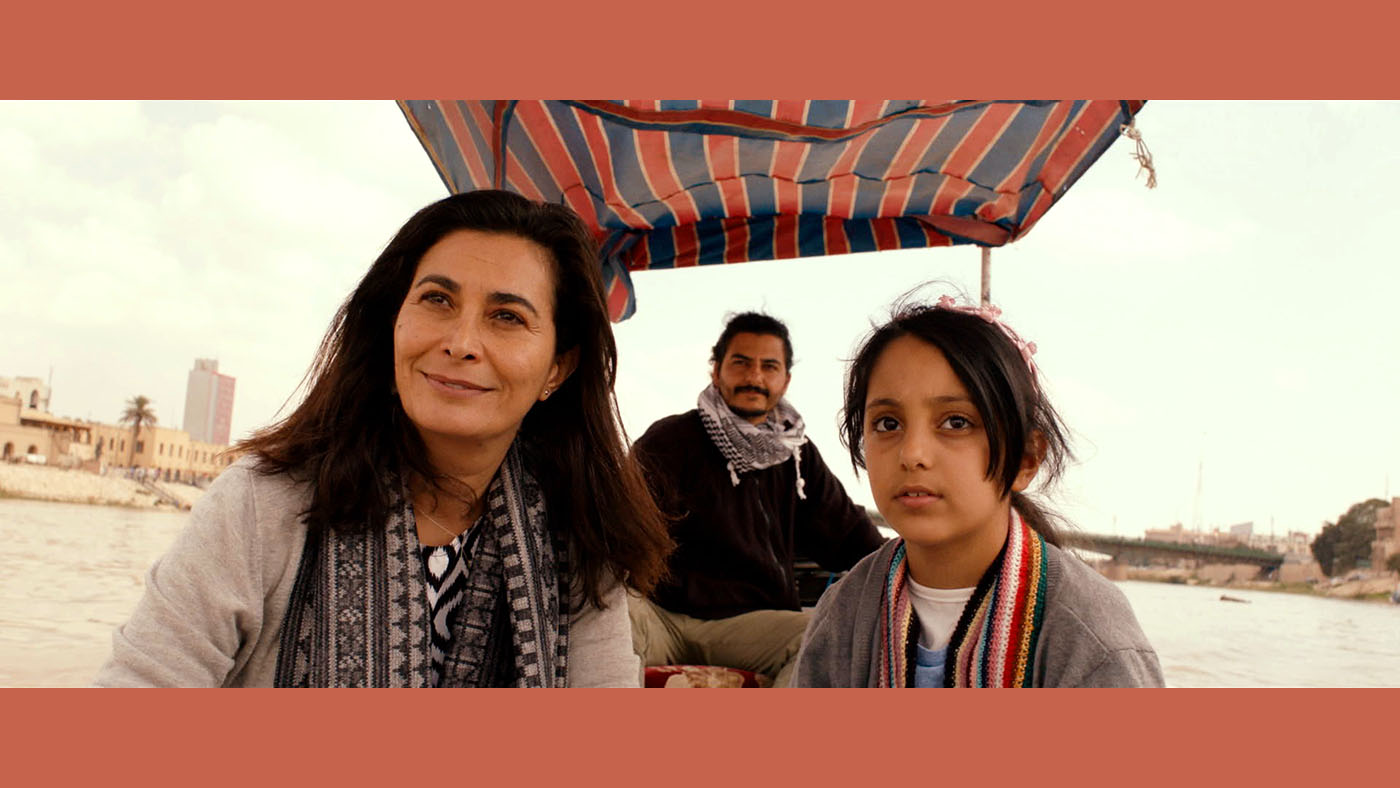
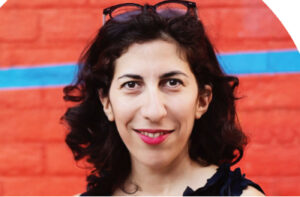



























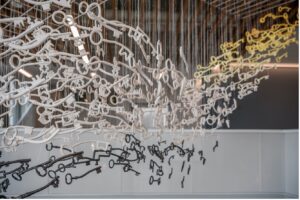





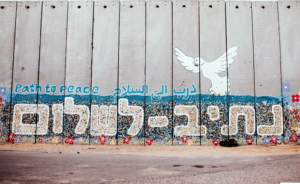










The comparison of responses to Ukrainian refugees versus those from other regions highlights the deep inequalities in global refugee policies and perceptions.
It’s heartbreaking to see how some refugees are met with open arms and resources, while others face barriers, discrimination, or outright rejection. The article does a great job of illustrating how systemic biases influence not only governments but also public attitudes toward displaced individuals.
The reminder that all refugees deserve dignity, safety, and support regardless of their origin is powerful. Wars, crises, and displacement affect everyone the same way at a human level, and policies should reflect this universal understanding. For more asylum and refugee articles try to visit here : https://govassist.com/blog/finding-safety-a-travelers-guide-to-understanding-refugees-and-asylum